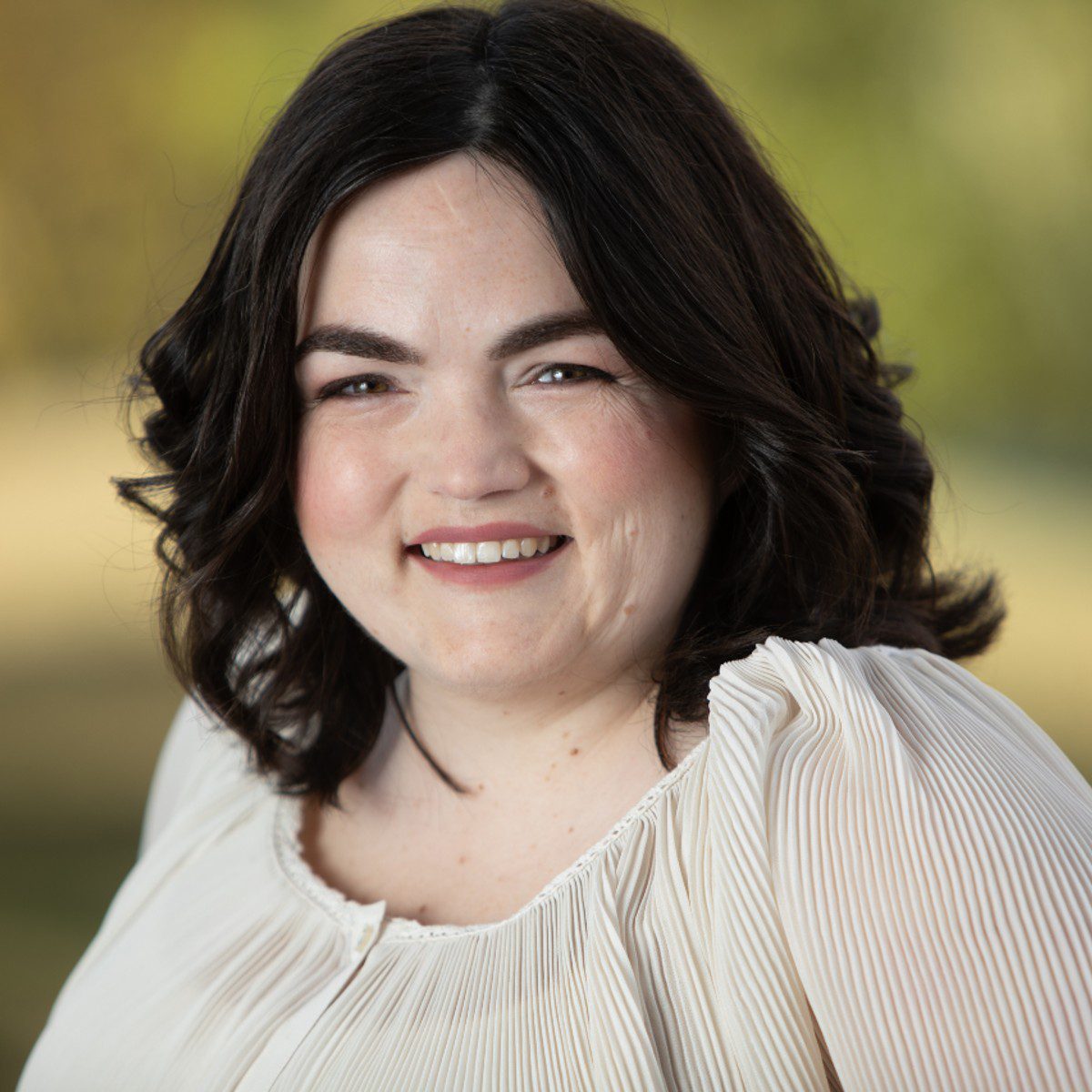The winner
Big congratulations to our 2025 First-Half Scholarship winner, Elizabeth Kuti! We invite you to read her entry below.
We were inundated with incredible responses. Thank you to all who submitted!
Our scholarship essay prompt
What’s the most surprising thing you’ve learned about money and money management?
Elizabeth’s response

I used to think money was just math. Add your income, subtract your expenses, and whatever’s left is yours to spend or save, if you’re the disciplined type. But that illusion shattered the moment I stood in a Dollarama aisle, calculating whether I could afford box of cereal and a set of Notebooks. That moment, quiet and invisible to the world, felt louder than any classroom lecture. It was there, under flickering fluorescent lights and the weight of a ten-dollar bill, that I realized money isn’t about numbers. It’s about psychology. Emotion. Choice under pressure. And sometimes, survival.
That experience, and many like it taught me the most surprising truth about money: it’s deeply emotional. I never expected budgeting to feel like a test of self-worth, or saving to feel like a power move. I learned that money management isn’t just about spreadsheets or banking apps, it’s about mindset. It’s about knowing how to stretch twenty dollars across five days without slipping into panic. It’s about knowing how to delay gratification, even when everything around you screams otherwise.
Growing up, money was like a sensitive topic to me. Something to avoid discussing unless necessary. I had to unlearn that silence. As a university student living on my own in Toronto, where prices rise faster than the subway can keep up, I didn’t have the luxury of trial and error. I had to become financially literate out of necessity. I started tracking every expense, from groceries to transit to school supplies. I set alerts for my bank balance. I read personal finance blogs late at night, scribbling notes and strategies. I watched how even a small shift in spending, like switching from branded to generic, could free up enough for a small emergency fund.
But the real lesson didn’t come from apps or articles. It came from sitting with the emotions behind every transaction, guilt when spending on something “unnecessary,” shame when my card declined, pride when I managed to save even a little. I started to understand that the relationship we have with money reflects the relationship we have with ourselves.
Eventually, I began helping friends understand their own finances. One of them, another student, admitted she’d never learned how to create a budget and was constantly overwhelmed. We sat down, opened a spreadsheet, and worked through it together. I didn’t realize it then, but I was slowly becoming the financial role model I never had.
Money no longer controls me; I control how I interact with it. And that’s been the most surprising part: learning that financial literacy isn’t just a life skill, it’s a form of self-respect. The more I understand it, the more I understand myself.
And every time I walk into that same Dollarama now, I don’t feel helpless anymore. I feel powerful. Because I know the cost of everything and, more importantly, I know my worth.
Not long ago, ten dollars felt like a wall. Now, it feels like a tool. That shift didn’t come from having more; it came from understanding more. I’ve learned that managing money isn’t about being perfect. It’s about being aware, being honest, and being brave enough to face reality and do better with what you have. That’s what surprised me most. Money doesn’t just shape your future; it quietly shapes the person you become. And the person I’m becoming? She’s not afraid anymore.





